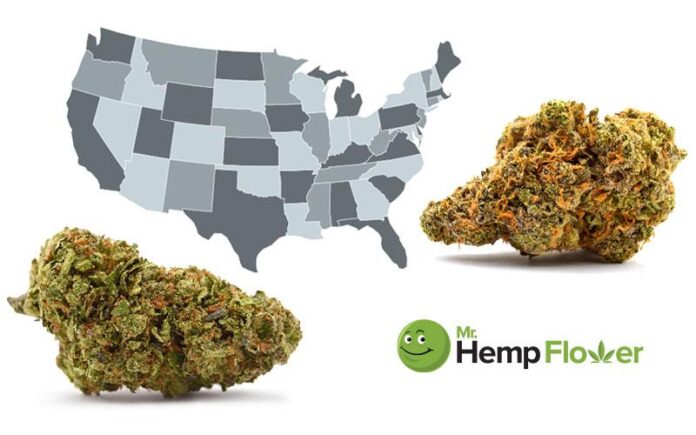In the vast and ever-evolving landscape of cannabis legislation, few topics spark as much curiosity and confusion as the legal status of THCA (tetrahydrocannabinolic acid) in states like Texas.As the lone Star State grapples with its complex relationship with cannabis, understanding the nuances of THCA-often overshadowed by its more famous cousin, THC-becomes crucial for both enthusiasts and those merely navigating the legal landscape. This article delves into the regulatory framework surrounding THCA in Texas, exploring its implications for consumers, businesses, and policymakers. Whether you’re a curious resident, a legal professional, or just someone interested in the changing tides of cannabis law, join us as we unravel the truth behind this intriguing compound and its legal standing in the heart of Texas.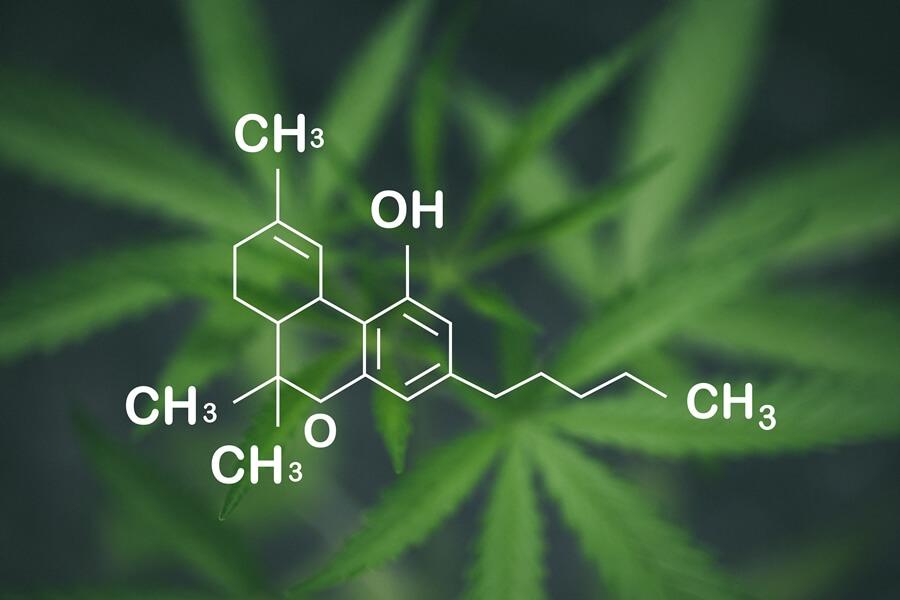
Exploring the Legal Landscape of THCA in Texas
The legal status of THCA (tetrahydrocannabinolic acid) in Texas is a complex issue that reflects the broader national conversation about cannabis. Unlike THC, which is widely recognized for its psychoactive properties, THCA is considered non-psychoactive in its natural state. This distinction plays a crucial role in the regulation and acceptance of cannabis products in the state. Texas law primarily categorizes substances based on their THC content, leading to varied interpretations of THCA’s legality.
Under the current Texas law, products derived from hemp that contain less than 0.3% THC are legal, as per the enactment of the Texas Hemp Farming Act in 2019. As THCA is a precursor to THC and typically found in raw cannabis plants, the question arises: is raw cannabis or THCA-rich products classified under the hemp regulations? As legal precedents develop, understanding the differentiation between THCA and THC is essential, signaling a potential shift in how these compounds might potentially be legislated in the future.
To clarify the legal status, here are some essential points to consider:
- Non-psychoactive Nature: THCA does not produce the psychoactive effects associated with THC.
- Hemp Regulations: THCA-rich products may be legal if they fall under the hemp definition.
- Ongoing Legal discourse: The interpretation of cannabis laws is subject to change, influenced by ongoing legal challenges and legislative updates.
Understanding these nuances is crucial for consumers, dispensers, and lawmakers alike as Texas navigates the evolving landscape of cannabis legality.
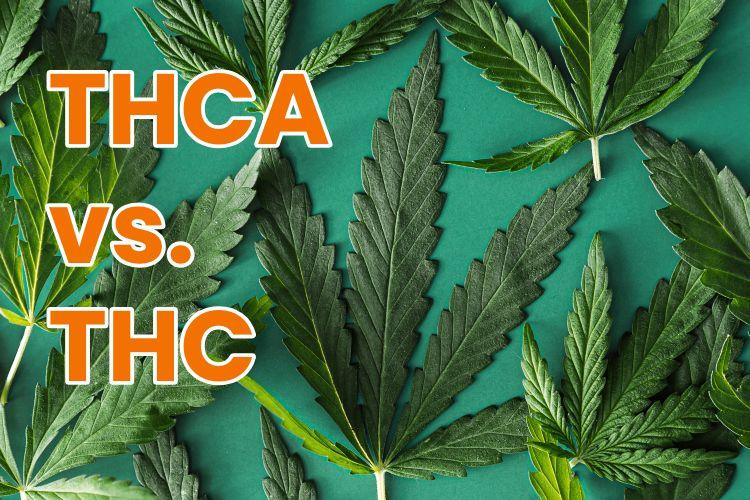
Understanding the Differences Between THCA and THC
In the realm of cannabis,understanding the nuances of its components is essential,especially when discussing THCA (Tetrahydrocannabinolic Acid) and THC (Tetrahydrocannabinol). While both compounds originate from cannabis, they exhibit markedly different characteristics and effects. THCA is the precursor to THC, existing in its raw form before undergoing decarboxylation-a process typically activated through heat or aging. This fundamental difference makes THCA non-intoxicating, allowing users to enjoy its potential therapeutic benefits without the psychoactive effects associated with THC.
Another key distinction between the two is their chemical structure and interaction with the body.While both compounds interact with the endocannabinoid system, THC binds directly to cannabinoid receptors, which generates the euphoric high commonly experienced by users. Conversely, THCA does not have the same affinity for these receptors, making it ineffective in producing the classic cannabis high. Instead,THCA is being explored for its potential health benefits,including anti-inflammatory and neuroprotective properties,attracting attention from those seeking a more holistic approach to wellness.
| Feature | THCA | THC |
|---|---|---|
| Intoxicating Effects | No | Yes |
| decarboxylation Requirement | Yes | No |
| Potential Benefits | Anti-inflammatory, Neuroprotective | Pain Relief, Appetite Stimulation |
Moreover, legality is an critically important consideration for both THCA and THC, especially in places like Texas. The legal status can vary significantly based on their chemical composition and potential for psychoactivity. as regulations evolve, it’s critical for users to stay informed about the changing landscape to ensure compliance and safe use. Understanding these differences adds clarity to conversations about cannabis and its potential in both medicinal and recreational contexts.

Current Legislation: What Texas Law Says About THCA
in Texas, the legal status of THCA (Tetrahydrocannabinolic acid) has become a matter of considerable interest as the cannabis landscape continues to evolve. While the state has made meaningful strides toward cannabis legalization, particularly with the passage of Senate Bill 340 in 2021, the legality of THCA specifically demands thorough examination. Currently,Texas law classifies hemp-derived products containing less than 0.3% Delta-9 THC as legal. This framework creates a gray area for THCA, which is the non-psychoactive precursor to THC, and its presence in hemp products is generally considered legal.
However, it’s crucial to distinguish between the various forms of cannabis compounds. The Texas Department of State Health Services defines hemp as any cannabis plant containing no more than 0.3% Delta-9 THC, while THCA itself does not fall under the same classification due to its acidic nature. in practice, consumers may find THCA-rich products available for purchase, yet they should remain mindful of the potential legal implications. Understanding the nuances of extraction methods, such as those that convert THCA to THC through heating, is vital for anyone navigating this evolving landscape.
Ultimately, as texas continues to reevaluate its stance on cannabis, it is beneficial for individuals and businesses alike to stay informed about the latest legislation. Regulatory changes occur frequently,and local ordinances may introduce them at various levels. To assist in understanding current compliance standards, here’s a brief overview of key components of Texas cannabis law:
| Component | Description |
|---|---|
| Hemp Legislation | Allows commercial production of hemp with < 0.3% delta-9 THC |
| THCA Status | Legal as long as products adhere to THC limits |
| Future Regulations | Subject to change as state policies evolve |
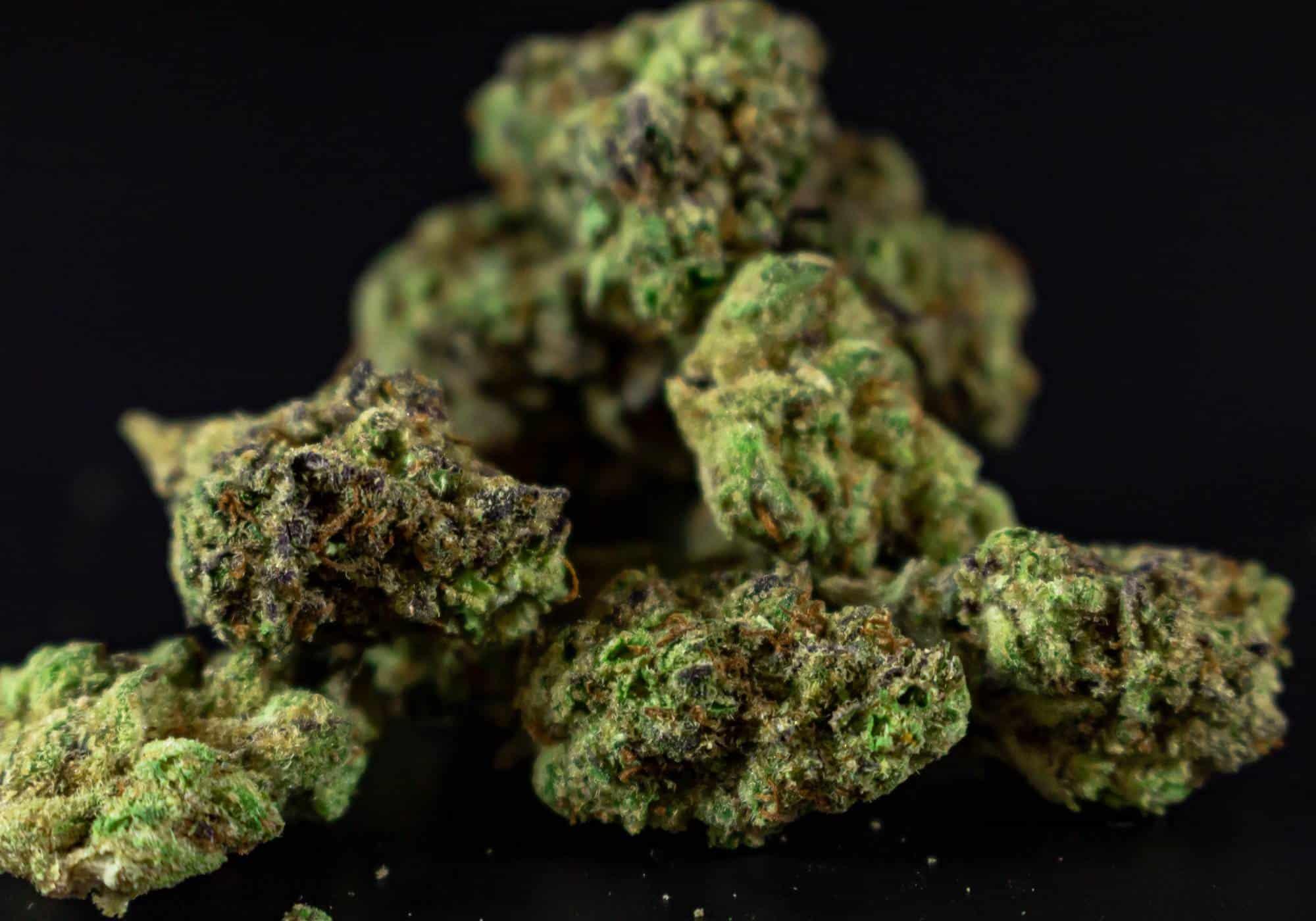
Navigating the Grey Areas of THCA Use and Possession
THCA, or tetrahydrocannabinolic acid, has emerged as a subject of intrigue among cannabis enthusiasts and legal experts alike, particularly in Texas where the legal landscape can often feel like a maze. While THCA itself is non-psychoactive and abundant in raw cannabis plants, its legal status enters complex territory. Understanding the distinction between THCA and THC is essential; the former does not produce the mind-altering effects typically associated with marijuana, but the conversion to THC via heat raises questions about legality in a state where cannabis laws are evolving.
Here are some critically important aspects to consider:
- Legal Status of Cannabis: THC remains largely illegal in Texas unless derived from hemp with less than 0.3% THC. THCA falls under scrutinous loopholes as it doesn’t carry the same psychoactive classification until heated.
- Consumer Safety: Purchasing THCA products from reputable sources is crucial. Lab testing and transparency about THC content can help ensure compliance with state laws.
- Potential Legal Risks: Possession of THCA might still raise concerns, especially if law enforcement considers its change to THC through consumption or processing.
To further clarify the legal ambiguity, here’s a simple breakdown of the current understanding of THCA laws in Texas:
| Component | Legal Status |
|---|---|
| Raw Cannabis | Legal if < 0.3% THC |
| THCA Products | Legally gray, must prove non-psychoactive |
| Processed Cannabis (heat applied) | THC subject to legal ramifications |
The evolving state regulations and the anticipated legal battles ahead prompt consumers and enthusiasts to stay informed and act cautiously. While THCA may thrive within a realm of uncertainty, the potential for regulatory shifts could pave new paths for its acceptance and use in Texas. In this very way, keeping a close eye on legislative changes and understanding personal rights is more crucial than ever for anyone navigating the complex nexus of cannabis legality.

Implications for Consumers: What to Consider Before Buying
Before making a purchase, consumers in Texas need to be informed about the legal landscape regarding THCA. Even though some products might potentially be marketed as containing THCA, it’s crucial to assess their legality within the state. Check whether these products are from regulated sources and understand the distinction between THCA and its psychoactive counterpart, THC.This comprehension will guide you in making informed choices that align with your values and legal requirements.
Additionally, it’s important to consider the source of the THCA products you are contemplating. Reliable vendors should provide transparency regarding their production processes and lab testing results.Here are a few aspects to weigh carefully:
- Product Origin: Ensure that the THCA is sourced from reputable farms.
- Lab Testing: Look for third-party lab results verifying the product’s potency and purity.
- Compliance: Verify that the product complies with Texas state laws before purchasing.
consumers should evaluate their personal needs and preferences. Understanding the effects of THCA and consulting with learned professionals can help tailor your choices to your specific health and wellness goals. Before embarking on a purchase, consider the following:
| Factors | Considerations |
|---|---|
| health Benefits | Identify any specific health conditions you aim to address. |
| Consumption Method | Determine how you prefer to consume THCA (edibles, tinctures, etc.). |
| Budget | Assess your financial comfort before committing to higher-priced items. |
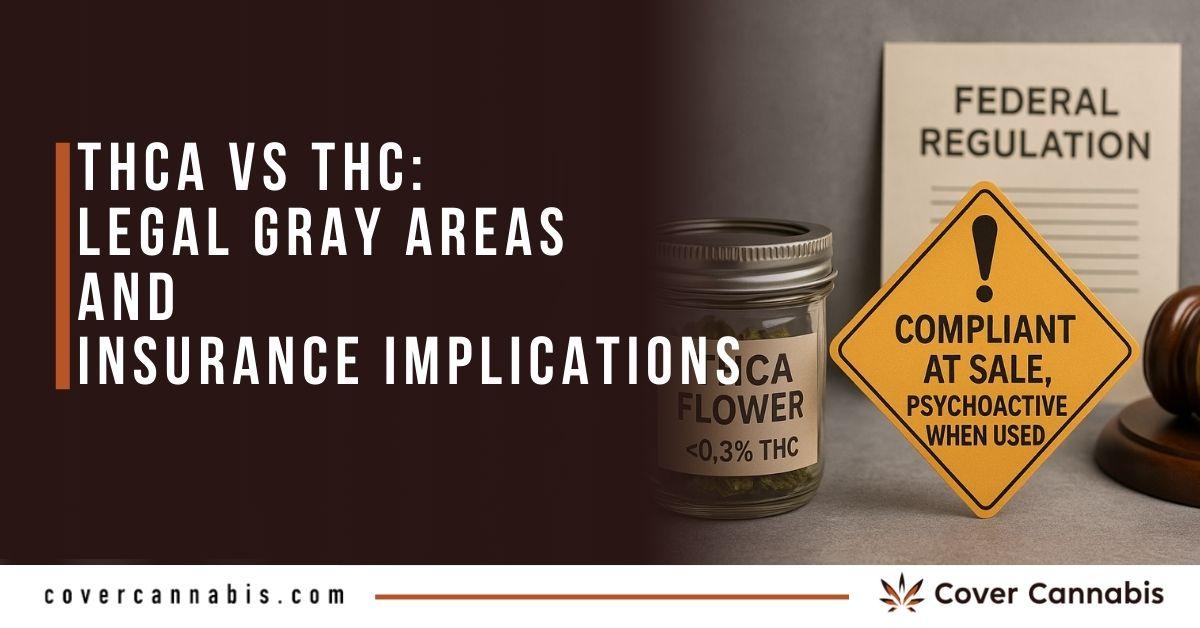
Future Trends: The Evolving Perspective on THCA Legality in Texas
The legal landscape surrounding THCA in Texas is in a state of flux, with significant implications for consumers and businesses alike. As the understanding of cannabinoids evolves, so does the regulatory framework. The recent shifts in public perception and lobbying efforts have prompted state lawmakers to reconsider existing laws. This could lead to the introduction of more explicit regulations regarding THCA, allowing it to coexist within a broader legal cannabis framework. Stakeholders are increasingly advocating for clarity in the law to avoid ambiguity that could hinder the emerging market.
Given the rise of interest in cannabis derivatives,the texas market is seeing a gradual but noticeable shift toward acceptance. Advocates argue that clarity on THCA legality could pave the way for economic growth,job creation,and increased tax revenue.Potential trends include:
- Increased transparency in regulatory measures
- Development of quality assurance programs
- Collaborative efforts between regulators and industry stakeholders
The importance of education around cannabis compounds further strengthens the argument for legal reform, creating safer consumption practices and informed choices for consumers.
Moreover, as neighboring states adopt more progressive cannabis laws, Texas may feel pressure to follow suit to remain competitive. Data from other states highlights a trend where legalization has led to economic revitalization in various sectors. This is opening the door for a dialogue about THCA and its rightful place in the marketplace. Below is a simplified table showcasing potential benefits and challenges of THCA legalization:
| Benefits | Challenges |
|---|---|
| Economic Growth | Regulatory Uncertainty |
| Consumer Safety | Public Health Concerns |
| Job Creation | Stigma and Misunderstanding |
Ultimately, as discussions surrounding legalization deepen, there is a growing consensus that a cohesive strategy towards THCA legality could benefit the state of Texas significantly, both socially and economically. Engaging in proactive dialogue may soon mark the begining of a new era for cannabis regulation, marked by progress and adaptation.
The Conclusion
the legal landscape surrounding THCA in Texas remains a complex tapestry woven from evolving legislation, scientific understandings, and cultural attitudes. While the state’s laws may not yet fully embrace this non-psychoactive cannabinoid as a legitimate substance for recreational or medicinal use, the tides of change are ever-present. As research continues to shed light on the potential benefits of THCA and public opinion shifts towards a more favorable view of cannabis-related compounds, it is indeed essential for Texans to stay informed and engaged. Whether as advocates, consumers, or simply curious citizens, understanding the nuances of THCA’s legality can empower individuals to navigate the intricate world of cannabis in the Lone Star State. The dialogue is far from over, and as we look to the future, it will be interesting to witness how legislation evolves to align with the growing body of knowledge and public sentiment. To stay informed, keep an eye on local developments and consider joining the conversation about cannabis in Texas.Your voice could help shape the future of this promising compound.


